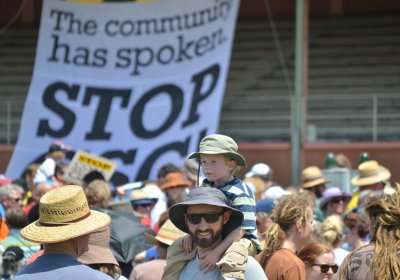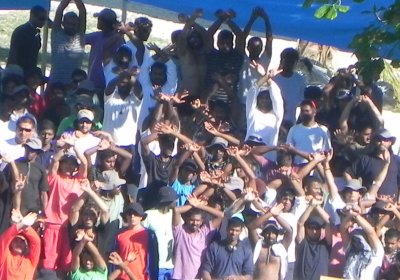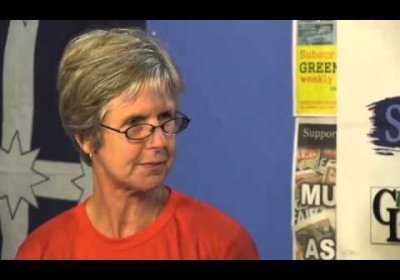Julia Gillard
The federal government said on February 23 it would introduce several changes to the 457 temporary visa program, to take effect from July. The proposals were applauded by the Australian Council of Trade Unions (ACTU) and criticised by big business. The 457 visa system is a highly exploitative, insecure and discriminatory visa system, originally introduced under the former John Howard government. Once elected, the ALP kept the visa class in place as a favour to big business, tinkering with it rather than abolishing it in favour of strengthening permanent skilled migration.
The arrest on February 6 of an Indigenous elder and another Githabul traditional owner on a coal seam gas (CSG) blockade should act as a siren call to all those concerned about our future.
This episode focuses on feminism's resurgence and Venezuela's unfolding revolution. It includes activist news on Stop CSG protests, Global Noise protests, plus Carlo Sands on the European Union's Nobel Peace prize win, and a performance by 1000 eyes at Occupy.
- Previous page
- Page 3
- Next page











